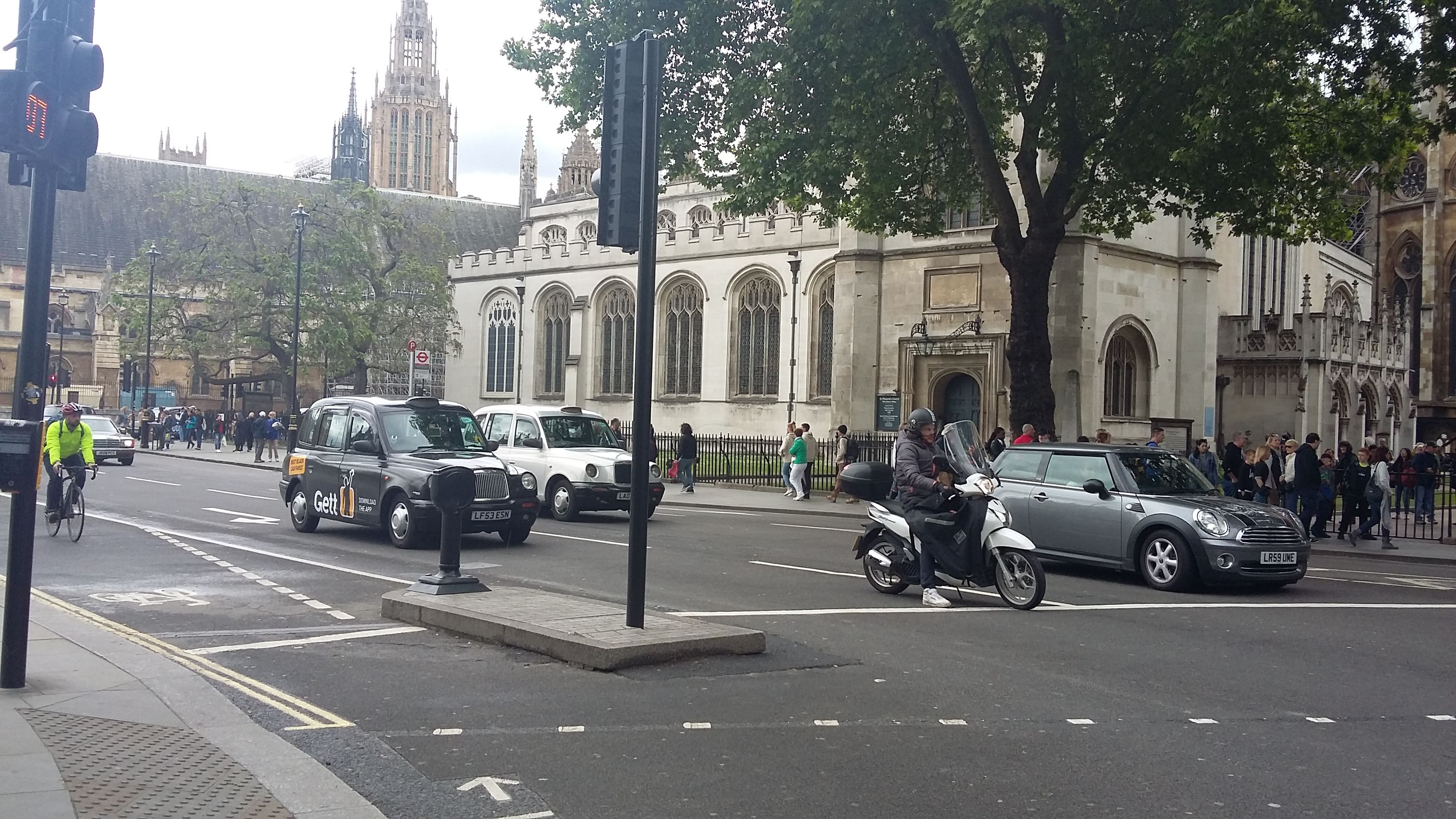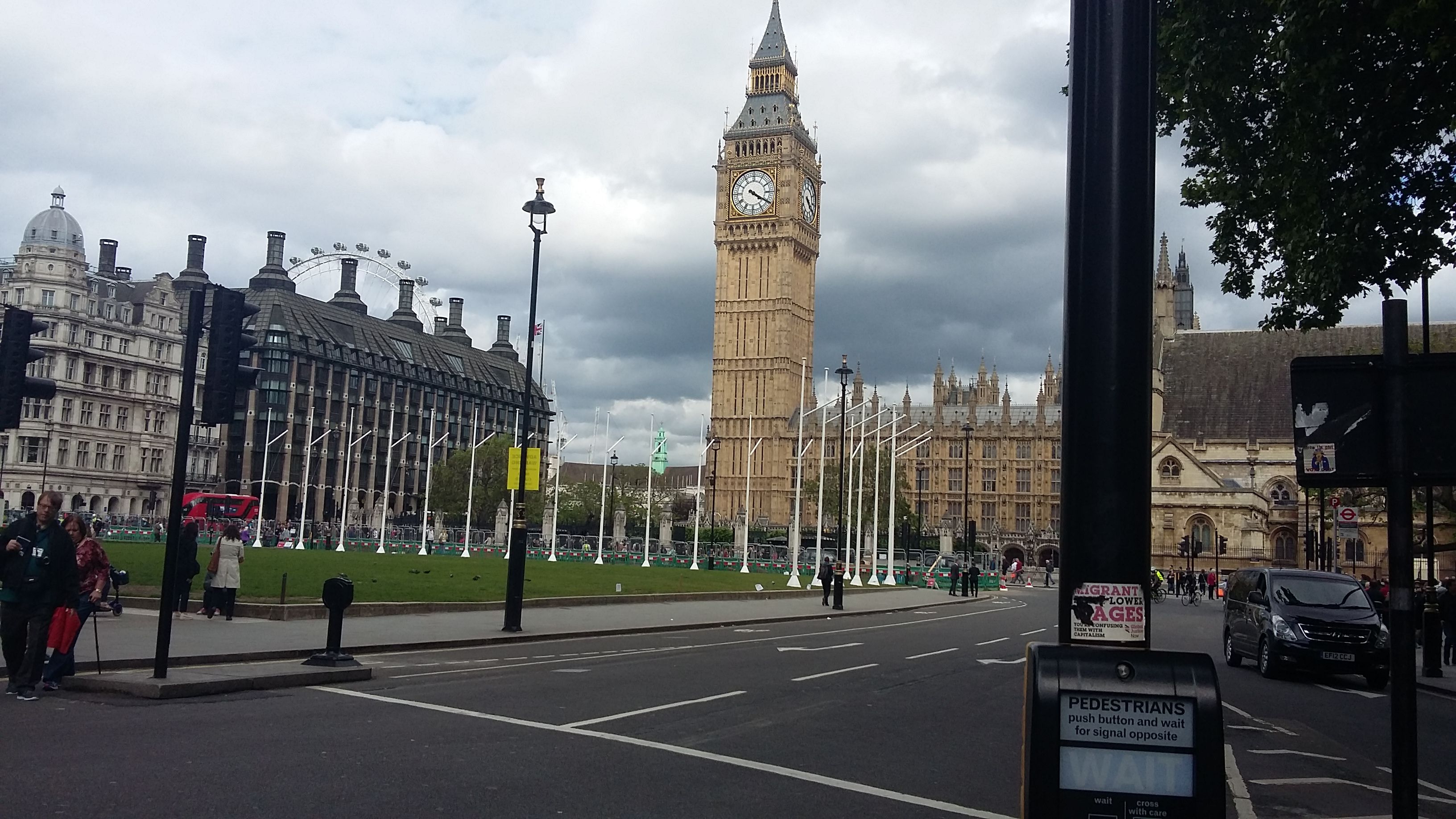In the ongoing effort to curb emissions amid growing concern over pollution and air quality, London is looking to enact expanded ultra-low emission zones (ULEZ) that will fine older-model vehicles to travel through the city. Some analysts estimate the move could force upwards of 1.6 million motorists into a more modern automobile, which is a huge shift in just three years' time.
Continue reading for the full story.
The Full Story
Anyone who's been stuck in gridlock in a major urban area will agree – breathing fumes is no fun. And while the necessary actions required to clamp down on air pollution remain a matter of debate, those living in and traveling through London will need to adapt to a new set of rules slated to go into effect in 2021 that fine individuals driving in older-model vehicles.
“Urgent action is required to tackle London's air quality crisis and reduce emissions from older more polluting cars,” said Alex Williams, Director of City Planning at Transport for London (TfD). “We are currently consulting on expanding the ULEZ, which would see a 71 percent reduction in schools in high pollution areas in 2021 – lowering the exposure of school children to harmful toxins that can reduce their lung development.”
The expanded ultra-low emissions zone would levy a 12-pound charge (roughly a little over $17 at current exchange rates) against car owners for each day they use their older-model vehicle, with the ultimate goal being the widespread adoption of newer, lower-emission vehicles.
The rule change could affect upwards of 1.6 million motorists according to the Society of Motor Manufacturers & Traders, as reported byAutocar. That number is far more than the roughly 500,000 motorists as estimated by the Transport for London.
Owners of EU5-designated (Euro 5) diesels, the same models associated with the Diesel Gate scandal, are likely to be among those most affected by the new rules. Classic cars built between the '80s and early 2000's will also see a significant impact, which means enthusiasts driving machines like the Mazda MX-5, BMW M3, and VW Golf GTI might not be able to afford the vehicle as a daily driver in London traffic. If used every day, they will likely incur an additional annual cost of 4,380 pounds ($6,248 at current exchange rates).
Older classics (those built before 1981) will be exempt, as it's argued they contribute only a small amount to overall air-quality degradation due to their low usage numbers.
Those affected by the new regulations are encouraged to contact the consultation putting the plan together to help the new proposal take shape.
Additional proposals are lining up for other major cities in the U.K., including Birmingham, Manchester, and Oxford.
Without a doubt, these new regulations affect less wealthy individuals more prominently, as it's far more likely that those at the lower end of the income scale are the ones driving an older-model vehicle. Not only that, but less wealthy individuals are less likely to be able to afford the extra daily charge in the proposal.
Of course, the fact that air pollution in centralized cities is getting out of hand is more than obvious, and a tax on high-emissions vehicles is probably the most direct way to address it.
What would your reaction be if similar proposals were laid for a city in the U.S., such as New York or San Francisco? Let us know in the comments.
References
Read more UK news.


